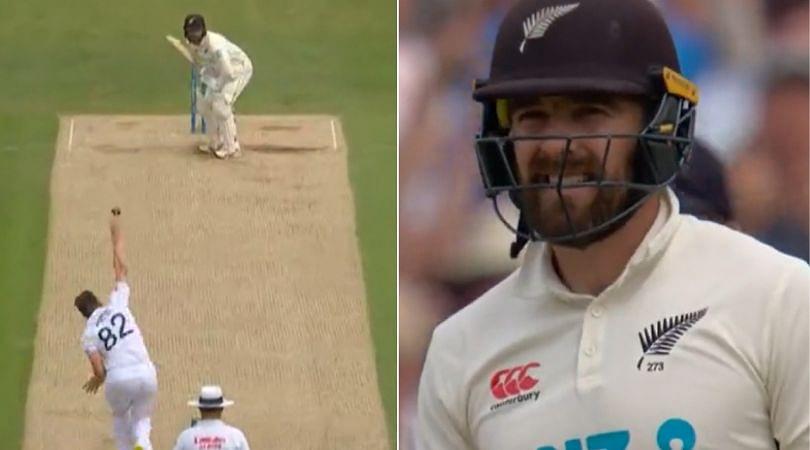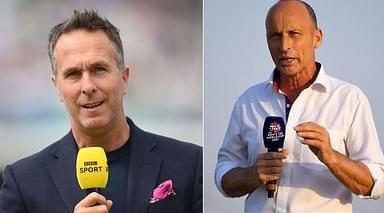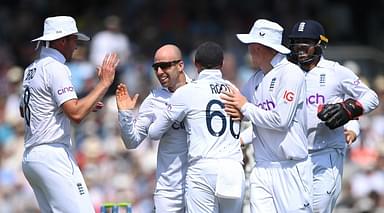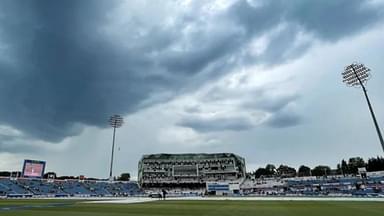DRS cricket meaning: The DRS went down in the England vs New Zealand Headingley test due to technical issues.
Advertisement
England and New Zealand are up against each other in the 3rd match of the three-match test series at the Headingley Stadium in Leeds. On the 2nd day of the test, the DRS went down due to technical issues, and it raised a lot of eyebrows.
Tom Blundell was given out LBW on the ball of Matty Potts, but he was not convinced with the decision. He wanted to take a DRS, but it was unavailable due to technical issues. In the last few years, DRS has become an integral part of any kind of cricket match. It has been seen that the level of umpiring has gone down a bit, and DRS has been helpful.
DRS cricket meaning
DRS or “Decision Review System” in cricket is a process by which a player can challenge the decision of on-field umpires. The DRS was implemented for the very first time in a test match between India and Sri Lanka in 2008. In ODIs, it was first implemented, whereas, in T20Is, it was first implemented in October 2017.
After an on-field umpire gives his decision, the team can challenge his call using DRS within 15 seconds. The teams have to make a T-sign to signal the umpire within a timeframe of 15 seconds. It is to be noted that a player can only consult the decision with the on-field players, if someone from outside the field is included, Umpires can take the call to decline the request.
Cheers @edfenergy for switching that off for us, you can flick DRS back on now 👍
— England’s Barmy Army (@TheBarmyArmy) June 24, 2022
The number of DRS depends on the format of the match, and it has been changed from time to time. In case of a successful review, the team retains their DRS, whereas they will lose one in case of an unsuccessful one. In LBW dismissals, the review will be retained in the case of an umpire call.
The third umpire is provided with different technologies such as Hawk-Eye, Ultra-Edge/Real-Time Snicko (RTS), HotSpot, etc to ease his decision-making. Even after all these technologies, if there is no conclusive evidence about a call, the third umpires go with the on-field call only.






